Introduction
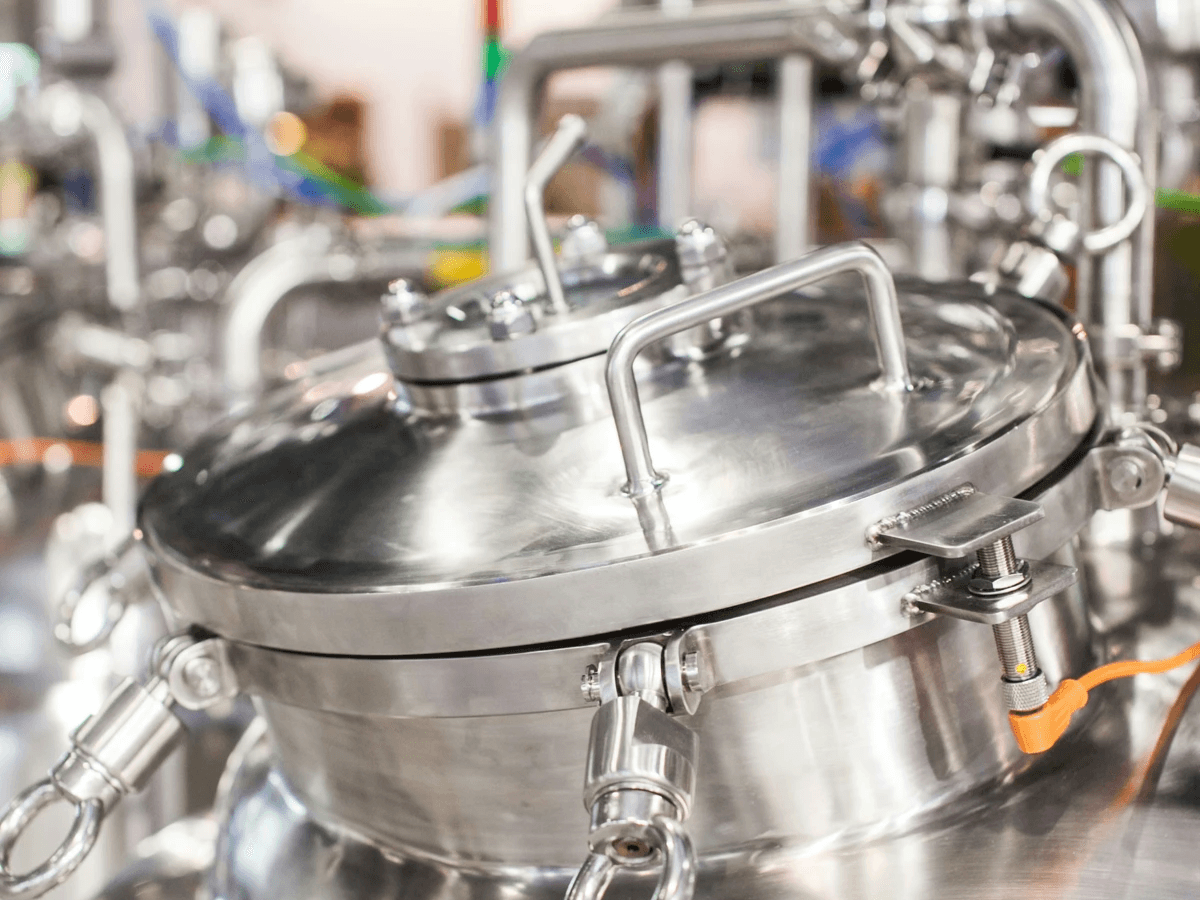
In the world of manufacturing and distribution, packaging adhesives play a crucial role in ensuring that products reach consumers safely and securely. These adhesives are not just sticky substances; they are essential components that enhance the durability, functionality, and aesthetic appeal of packaging. Whether it’s hot melt tape or traditional packaging glue, choosing the right type of adhesive is vital for any packaging company aiming to deliver quality products.
The Vital Role of Packaging Adhesives
Packaging adhesives serve as the backbone of effective product containment, preventing spills, leaks, and damage during transit. They ensure that packages remain intact from production lines to store shelves, thus protecting both the product and brand reputation. With a variety of options available, understanding their vital role can help manufacturers make informed choices about which types best suit their needs.
Types of Packaging Adhesives Available
There is an array of packaging adhesives available to meet diverse manufacturing requirements. From hot melt tape to liquid formulations like packaging glue, each type has its unique properties tailored for specific applications. Knowing these options helps businesses select the most appropriate adhesive solution that aligns with their operational goals.
Choosing the Right Packaging Solutions
Selecting the right packaging solutions involves more than just picking an adhesive; it requires careful consideration of factors such as application method, environmental conditions, and end-use requirements. Factors like drying time and bond strength can significantly impact production efficiency and product integrity in food packaging adhesives. Ultimately, making an informed choice about your adhesive can lead to improved performance and customer satisfaction.
Understanding Packaging Adhesives
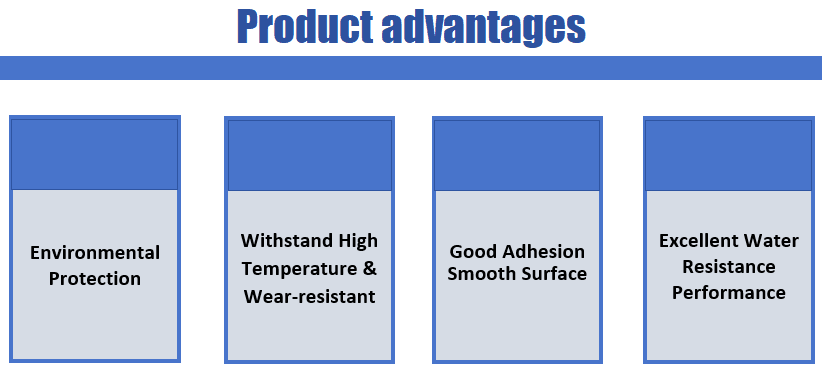
Packaging adhesives are the unsung heroes of the manufacturing world, providing essential bonding solutions that ensure products are securely packaged for transport and sale. These adhesives play a crucial role in maintaining product integrity, enhancing shelf life, and even promoting brand identity through attractive packaging. Whether it’s hot melt tape or specialized packaging glue, understanding these materials is vital for any packaging company aiming to deliver quality products.
Definition and Importance in Manufacturing
At its core, packaging adhesive is a substance used to bond various materials together in the creation of packages. This bonding process is critical in manufacturing because it not only secures items but also contributes to the overall aesthetic appeal of the product's presentation. In an era where consumer expectations are high, utilizing effective food packaging adhesives can significantly influence purchasing decisions by ensuring that products arrive intact and appealing.
Key Characteristics of Quality Adhesives
Quality packaging adhesives possess several key characteristics that set them apart from inferior options. First and foremost, they must provide strong adhesion under various conditions, including temperature fluctuations and humidity levels. Additionally, a good adhesive should be easy to apply—whether as hot melt tape or liquid glue—and should dry quickly without compromising bond strength or safety standards.
Common Applications in Various Industries
The versatility of packaging adhesives allows them to be utilized across numerous industries beyond just food packaging. For instance, they are commonly found in electronics for securing components within boxes or ensuring protective seals remain intact during shipping. Furthermore, industries such as cosmetics and pharmaceuticals rely on effective packaging glue to maintain product integrity while also creating visually appealing packages that attract consumers' attention.
Hot Melt Tape vs. Packaging Glue
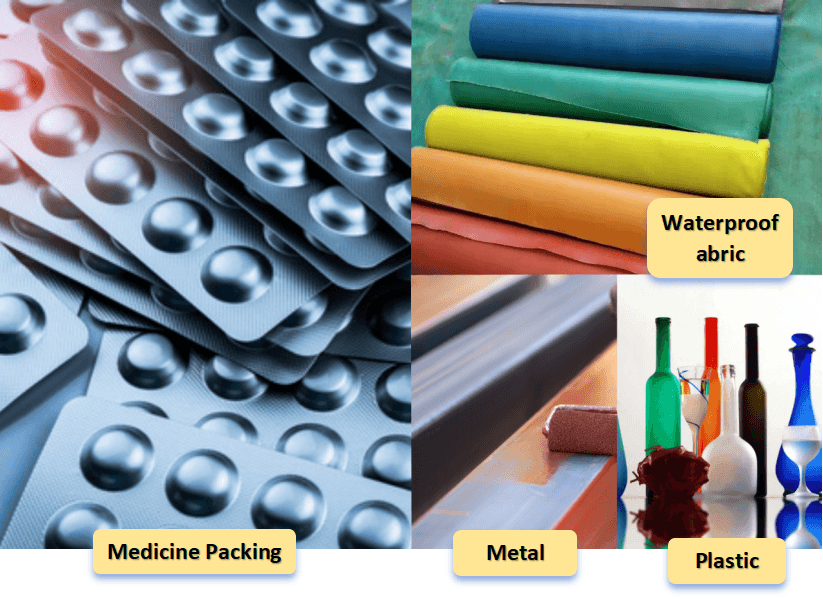
Comparing Adhesive Types
Hot melt tape is a thermoplastic adhesive that is applied in a molten state and solidifies upon cooling, creating a strong bond quickly. On the other hand, packaging glue often refers to liquid adhesives that require curing time before achieving maximum strength, which can slow down production lines. While hot melt tape offers instant adhesion and is easier to apply, packaging glue provides versatility for more complex bonding needs.
The choice between these two adhesive types often boils down to specific application requirements. For instance, if speed is of the essence in your production line, hot melt tape might be your best bet due to its quick setting time. Conversely, if you need an adhesive for intricate designs or sensitive materials where precision matters, you might lean toward packaging glue.
Additionally, factors such as temperature resistance and environmental conditions also play a role in this comparison. Hot melt tape tends to perform better under varying temperatures without losing its adhesion properties compared to some liquid glues that may weaken over time or under stress. Thus, understanding your specific needs will guide you toward making an informed decision when choosing between hot melt tape and packaging glue.
Advantages of Hot Melt Solutions
One of the standout advantages of hot melt solutions is their rapid bonding capability; they can achieve full strength almost immediately after application. This quick-drying feature not only enhances productivity but also minimizes downtime on assembly lines—a significant benefit for any busy packaging company aiming for efficiency. Moreover, hot melt adhesives are often more resistant to moisture and temperature fluctuations than traditional glues.
Another perk of using hot melt solutions lies in their ease of use; they can be applied with minimal equipment and do not require complicated mixing or curing processes like some liquid adhesives do. This simplicity translates into lower operational costs since fewer resources are needed for application compared to more complex systems required for liquid glues. Additionally, many manufacturers appreciate how cleanly hot melts bond without creating messy residues.
Furthermore, sustainability has become a pivotal concern in recent years; many modern hot melt products are now designed with eco-friendly formulations that reduce environmental impact while still delivering superior performance as food packaging adhesives or general-purpose options alike. These innovations make them not just practical but also responsible choices for companies committed to sustainable practices.
Applications in Food Packaging
When it comes to food packaging adhesives specifically, both hot melt tape and liquid glues have found their niches within the industry but excel differently based on application needs. Hot melt solutions are particularly popular for sealing boxes containing perishable goods because they provide immediate integrity against moisture—an essential factor when dealing with food items that require freshness during transport.
Moreover, food safety regulations mandate strict compliance regarding materials used in direct contact with edible products; thus choosing the right type of adhesive becomes paramount when selecting your suppliers from various packaging companies available today. Many manufacturers have developed specialized formulations tailored specifically for food applications using safe ingredients that comply with health standards while ensuring durability.
In summary, whether you're opting for hot melt tape or traditional packaging glue will depend largely on your specific requirements—be it speed during production or versatility across different materials—and understanding these nuances will help ensure you select the most effective food packaging adhesives suitable for your needs moving forward.
Innovations in Packaging Hot Melt
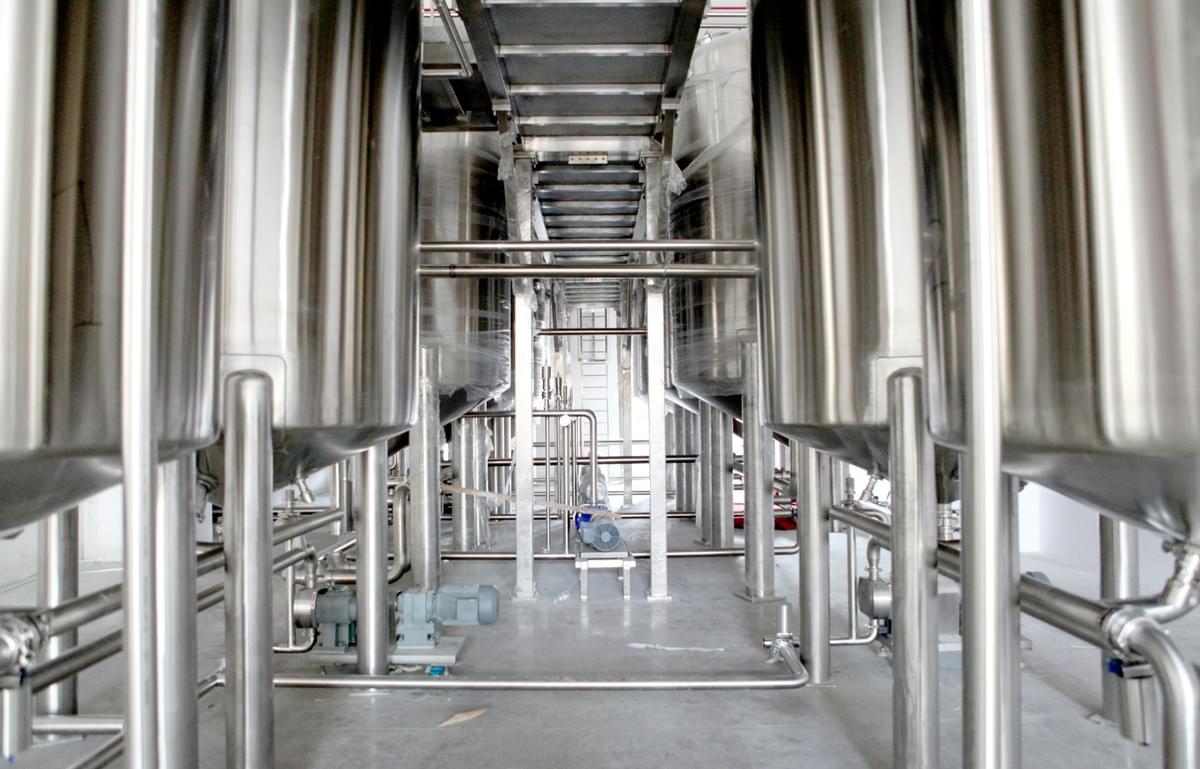
In the evolving landscape of packaging, innovations in packaging adhesives are paving the way for more efficient and sustainable solutions. The demand for high-performance adhesives has led to groundbreaking developments that improve bonding strength while minimizing environmental impact. As industries strive for better packaging options, understanding these advancements is crucial for selecting the right packaging company.
Recent Developments in Adhesive Technology
Recent advancements in adhesive technology have transformed how manufacturers approach packaging glue and hot melt tape applications. New formulations are being developed that enhance the speed and efficiency of adhesion processes, reducing production times significantly. Additionally, these innovations often come with improved resistance to temperature fluctuations and moisture, making them ideal for various food packaging adhesives.
One notable trend is the integration of smart technologies into adhesive systems, allowing real-time monitoring of bond strength and performance during production. This level of precision ensures that manufacturers can maintain quality control while also optimizing their use of materials. With such developments, businesses can confidently choose packaging hot melt solutions that meet their specific needs without compromising on performance or sustainability.
Chemix's Water-Based Resin Solution as a Game Changer
Chemix has introduced a revolutionary water-based resin solution that is changing the game for packaging adhesives across multiple industries. Unlike traditional solvent-based adhesives, this innovative formulation offers excellent bonding capabilities while being safer for both users and the environment. By using water as a primary solvent, Chemix’s solution addresses many concerns related to volatile organic compounds (VOCs) found in conventional adhesives.
This breakthrough not only enhances performance but also aligns with growing demands for eco-friendly practices within food packaging applications. The versatility of Chemix's water-based resin makes it suitable for various substrates and conditions, ensuring robust adhesion without sacrificing safety or compliance with industry standards. As companies increasingly prioritize sustainability, this product positions itself as a viable alternative to traditional hot melt glue options.
Impact on Sustainability in Packaging
The impact of innovations like Chemix's water-based resin extends beyond just performance; they play a crucial role in enhancing sustainability within the packaging sector. As consumers become more environmentally conscious, brands are seeking out eco-friendly solutions that minimize waste and reduce carbon footprints associated with food packaging adhesives. These advancements not only contribute to greener practices but also help companies comply with stringent regulations aimed at reducing environmental harm.
Moreover, many new formulations are designed to be recyclable or biodegradable, further supporting circular economy initiatives within the industry. By opting for advanced hot melt tape or innovative adhesive solutions from responsible suppliers, businesses can significantly improve their sustainability profiles while maintaining high standards of quality and efficiency in their operations. The future looks promising as these trends continue to shape how we think about packaging materials.
Selecting the Best Packaging Company

Choosing the right packaging company can feel like searching for a needle in a haystack, especially when it comes to packaging adhesives. With so many options available, it's essential to focus on factors that will ensure you get the best quality and service. Whether you're seeking hot melt tape or specialized packaging glue, understanding what to look for in a supplier can make all the difference.
Factors to Consider When Choosing a Supplier
When selecting a packaging company, consider their reputation and experience in the industry. A well-established supplier will likely have extensive knowledge of various packaging adhesives and can provide insights into which products best suit your needs. Additionally, assess their ability to meet your specific requirements, whether you need bulk orders of hot melt solutions or specialized food packaging adhesives tailored for your product.
Another critical factor is the range of products they offer. A versatile supplier should provide not just one type of adhesive but an array of options, including different types of packaging glue and innovative solutions for unique applications. This variety allows you to explore alternatives that may enhance your production process or improve sustainability without compromising on quality.
Lastly, pricing is always an essential consideration; however, it shouldn't be the only metric by which you judge potential suppliers. While competitive pricing is attractive, it’s crucial to weigh it against product quality and service reliability. Remember that investing in high-quality packaging hot melt solutions can save costs in the long run through reduced failures and improved efficiency.
Evaluating Product Quality and Variety
Quality should be non-negotiable when assessing potential suppliers for your packaging adhesives needs. Look for certifications or industry standards that indicate adherence to rigorous testing protocols—this ensures that their products meet safety regulations and performance benchmarks. In particular, if you're sourcing food packaging adhesives, compliance with food safety standards becomes paramount to avoid any health risks associated with inferior materials.
Variety is equally important; having access to different types of adhesives allows you greater flexibility in production processes. Suppliers who offer both traditional options like hot melt tape alongside innovative formulations can help streamline your operations while also keeping pace with evolving market demands. The right mix of product offerings means you'll be equipped to handle any project that comes your way without needing multiple suppliers.
Finally, don't hesitate to request samples before making a commitment—a reputable supplier will understand this request as part of due diligence on your part. Testing out various types of packaging glue or hot melt solutions firsthand can reveal how well they perform under real-world conditions related specifically to your application needs.
Importance of Technical Support and Updates
In today's fast-paced manufacturing environment, technical support from your chosen packaging company is invaluable—especially when working with advanced materials like specialty hot melt tape or eco-friendly adhesive solutions designed for food applications. Reliable technical support ensures that any issues encountered during production can be swiftly addressed by knowledgeable personnel who understand both the product line and its practical applications.
Regular updates about new products or innovations in adhesive technology are also vital as they keep you informed about developments that could enhance operational efficiency or sustainability efforts within your business model. A proactive supplier will share insights on upcoming trends affecting the industry so you can stay ahead rather than play catch-up later down the line.
In conclusion, selecting a reliable partner among numerous packaging companies requires careful consideration across multiple dimensions—from evaluating product quality and variety through examining customer support capabilities offered post-purchase—ensuring optimal use of all types of packaging adhesives tailored specifically towards meeting diverse needs within different industries today!
The Future of Food Packaging Adhesives

The landscape of food packaging adhesives is undergoing a significant transformation, driven by innovation and consumer demand for sustainability. As industries evolve, the need for efficient, safe, and environmentally friendly solutions is becoming paramount. It’s not just about sticking things together anymore; it’s about creating packaging that enhances product integrity while aligning with modern values.
Trends Shaping the Industry
Several trends are emerging in the realm of packaging adhesives that are reshaping how manufacturers approach food safety and efficiency. One notable trend is the increasing use of automation in adhesive application processes, which improves speed and accuracy while reducing waste. Additionally, advancements in adhesive formulations are allowing for more versatile applications—think hot melt tape that can bond various materials without compromising on strength or flexibility.
Moreover, there’s a growing emphasis on transparency in sourcing and production practices among packaging companies. Consumers are becoming more discerning about what they buy, prompting manufacturers to prioritize eco-friendly materials in their packaging glue solutions. This shift not only meets consumer expectations but also positions brands as leaders in sustainability.
The Rise of Eco-Friendly Options
As environmental concerns escalate, the rise of eco-friendly options within food packaging adhesives has become a hot topic among industry players. Many companies are now prioritizing bio-based or recyclable materials when developing their packaging hot melt solutions to minimize environmental impact. These innovations not only cater to conscious consumers but also help businesses comply with increasingly stringent regulations regarding waste reduction.
Additionally, water-based adhesives have gained traction due to their lower volatile organic compound (VOC) emissions compared to traditional options. This transition is crucial for reducing air pollution while maintaining high performance standards in food packaging adhesives. By opting for sustainable alternatives like these, brands can enhance their market appeal and contribute positively to global efforts against climate change.
Compliance with Food Safety Standards
Navigating compliance with food safety standards remains a critical aspect of using packaging adhesives effectively within the industry. As regulations evolve globally, it becomes essential for manufacturers to ensure that their products meet stringent safety criteria without sacrificing quality or performance. Packaging companies must stay informed about changing guidelines surrounding food contact materials to avoid costly recalls or reputational damage.
Furthermore, advancements in testing methods have made it easier than ever to evaluate the safety of various adhesive formulations used in food packaging applications. By leveraging these technologies, businesses can confidently select adhesives—whether it's hot melt tape or specialized packaging glue—that adhere to safety standards without compromising functionality or shelf life of products inside.
In conclusion, as we look toward the future of food packaging adhesives, it’s clear that innovation will play a pivotal role in shaping industry practices while addressing both consumer demands and environmental responsibilities.
Conclusion
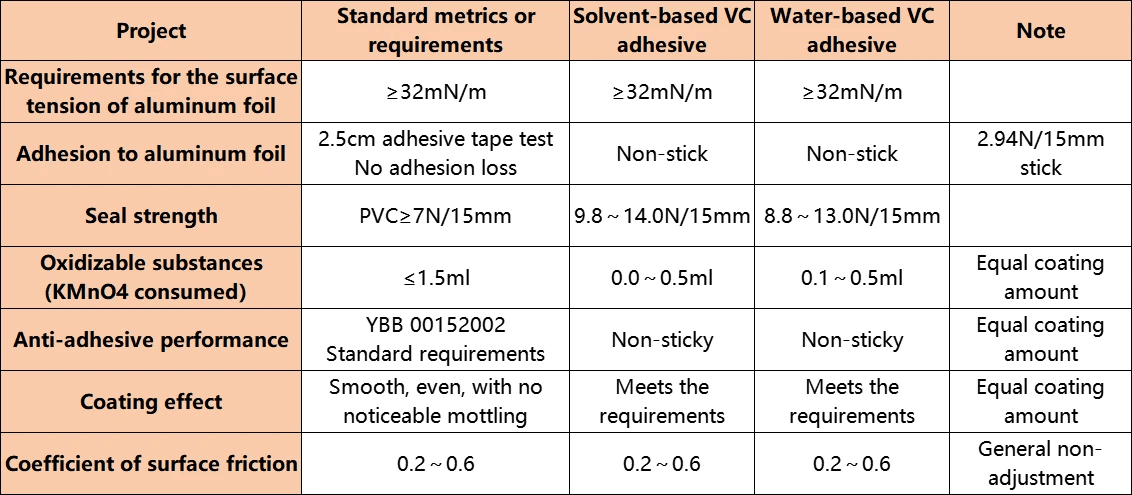
As we wrap up our exploration of packaging adhesives, it's clear that these essential components play a pivotal role in the efficiency and effectiveness of packaging solutions. From hot melt tape to various forms of packaging glue, the options available cater to diverse needs across industries. Understanding the nuances between these types can help manufacturers make informed decisions that enhance product integrity and consumer satisfaction.
Recap of Packaging Adhesive Options
The landscape of packaging adhesives is rich and varied, encompassing a range of products designed for specific applications. Hot melt solutions stand out for their quick bonding capabilities, while traditional packaging glue offers versatility in various settings. Ultimately, selecting the right adhesive depends on factors such as application requirements, environmental conditions, and industry standards.
Importance of Customization in Adhesives
Customization is crucial when it comes to choosing packaging adhesives that meet unique operational needs. Each manufacturer may require specific characteristics from their adhesives—be it temperature resistance or flexibility—that standard products may not offer. A reliable packaging company will work closely with clients to develop tailored adhesive solutions that optimize performance and efficiency.
Final Thoughts on Sustainable Solutions
Sustainability is no longer just an option; it's becoming a necessity in the realm of food packaging adhesives and beyond. With innovations like Chemix's water-based resin solution leading the charge, there's a growing trend towards eco-friendly alternatives that minimize environmental impact without compromising quality. As we move forward, embracing sustainable practices will not only benefit our planet but also resonate with consumers who prioritize environmentally responsible choices.
